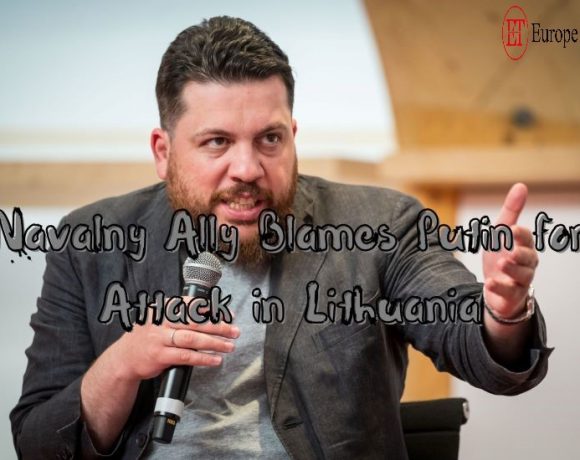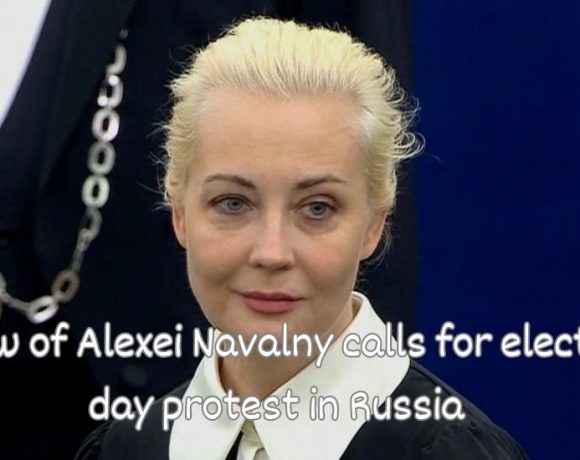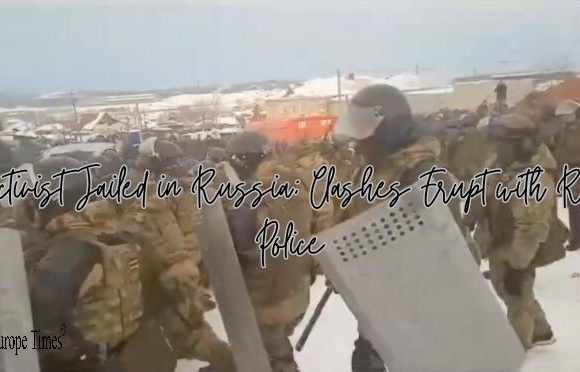
A 71-year-old man from Levice has been implicated in the attempted murder of Slovak Prime Minister Robert Fico, who was severely injured in a shooting incident. The suspect, though not officially named, has been widely identified by Slovak reports. If convicted, he could potentially face life imprisonment.
The assailant acted alone, according to Interior Minister Matus Sutaj Estok, who stated that the suspect had participated in anti-government protests and was discontented with the outcome of the recent presidential election, won by Peter Pellegrini, an ally of Fico.
In the brazen daylight attack, Fico was shot five times at close range, sustaining serious injuries to his stomach and arm. His security detail was caught off guard, and Fico was swiftly taken to a hospital for emergency treatment. Despite the severity of his condition, Fico’s status has stabilized, though he remains in intensive care.
The alleged perpetrator is described as a writer and political activist, with a circulated video purportedly featuring him expressing grievances against the government’s policies, particularly regarding state media. However, the authenticity of the video and its connection to the detained suspect remain unverified.
The shooting has been condemned by Slovak politicians as an assault on democracy, prompting calls for unity and calm. Outgoing President Zuzana Caputova urged political leaders to convene and address the escalating tensions, while President-elect Peter Pellegrini called for a suspension of campaigning ahead of European Parliament elections.
The attack occurred amid parliamentary discussions concerning the government’s proposal to dissolve Slovakia’s public broadcaster RTVS, a move that has sparked widespread public protests in recent weeks. Some officials have attributed the shooting to heightened political rhetoric and hostility perpetuated by both media and opposition parties.
In response to the incident, Deputy Prime Minister Taraba and Interior Minister Estok criticized the opposition and media for allegedly fueling animosity, with concerns raised about the safety of journalists and NGOs in Slovakia.
Picture Courtesy: Google/images are subject to copyright



